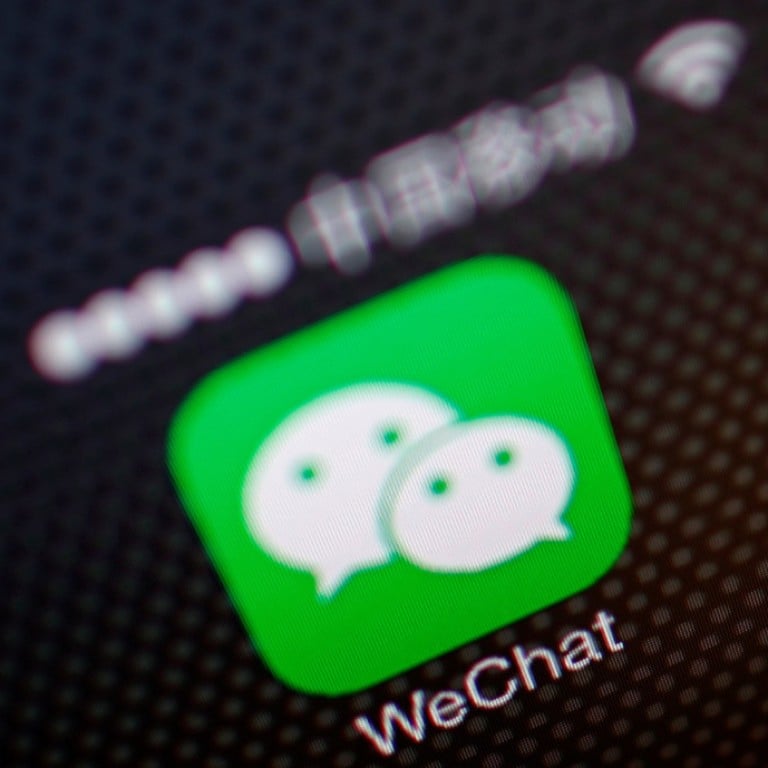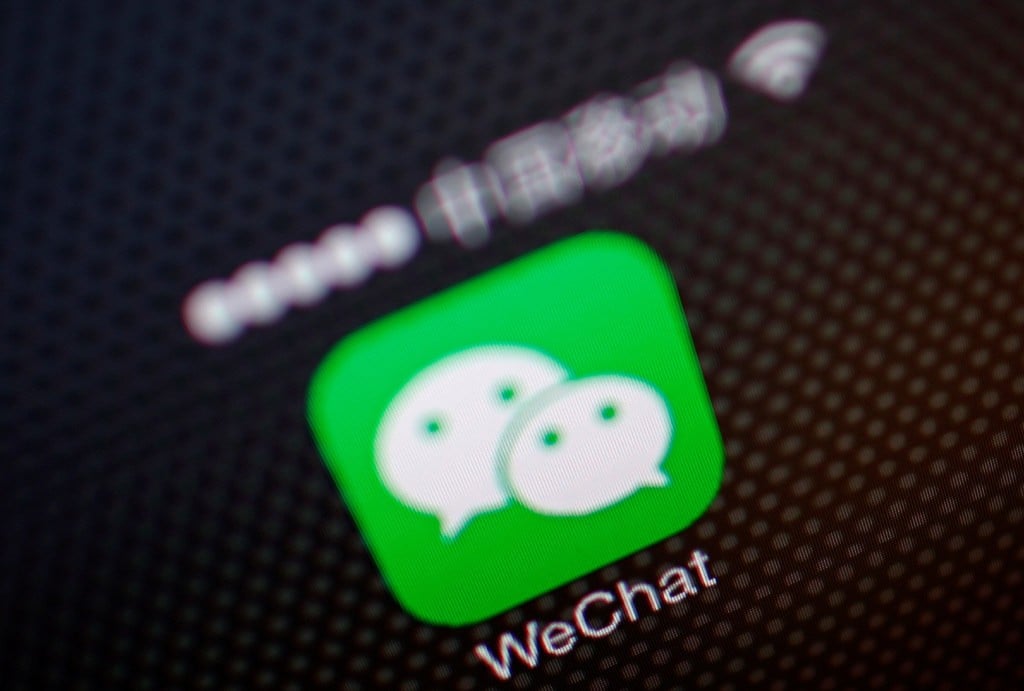
Don’t use WeChat for work, says the Communist Youth League
Tencent’s WeChat is often used as a work tool in China
China loves WeChat. But now the Communist Youth League says it shouldn’t be used for work.
WeChat, the app that does everything
But their reasoning isn’t quite the same as the Australian military. They’re putting the blame not on WeChat itself -- but the people using it.

As an example, the Communist Youth League referred to an incident where a newsroom staffer wanted to send a classified government document to his editor on WeChat. But he accidentally tapped on the wrong group and sent it there instead -- so he was fired, and his editor suspended.
Another example involved a leak, where someone forwarded pictures of apparently sensitive documents from a work group into multiple other groups (and even Weibo).
“The leaks happened because people hope they get lucky and and decide to ignore the law,” says the League. They also refer to one article in China’s state secrets law that says it’s illegal to pass around national secrets using “unprotected communication methods”.
That anyone would even think to swap sensitive documents on WeChat shows just how far it’s penetrated into every part of people’s lives.
Studies have suggested 90% of Chinese professionals use WeChat for work communication. Connecting on WeChat by scanning QR codes is often preferred to exchanging name cards. And people are expected to work at all times -- because everyone is always on WeChat, so you can answer a work message at any time.
For more insights into China tech, sign up for our tech newsletters, subscribe to our Inside China Tech podcast, and download the comprehensive 2019 China Internet Report. Also roam China Tech City, an award-winning interactive digital map at our sister site Abacus.

